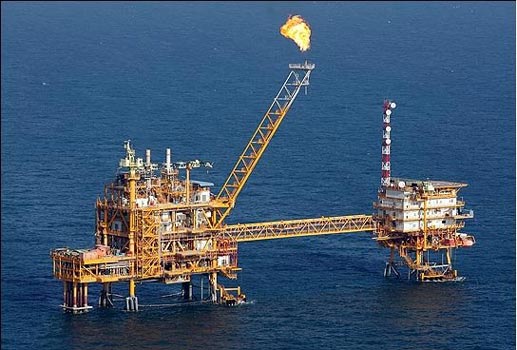 Mele Kyari, the Group Chief Executive Officer of the Nigerian National Petroleum Company Limited (NNPCL), announced a significant rise in Nigeria’s oil production, reaching approximately 1.7 million barrels per day (mbpd) as of Saturday, up from 1.28 mbpd in April.
Mele Kyari, the Group Chief Executive Officer of the Nigerian National Petroleum Company Limited (NNPCL), announced a significant rise in Nigeria’s oil production, reaching approximately 1.7 million barrels per day (mbpd) as of Saturday, up from 1.28 mbpd in April.
During a stakeholders engagement session between the Nigerian Association of Petroleum Explorationists and the NNPCL held in Lagos on Saturday, Kyari disclosed that critical gas infrastructure projects are underway to facilitate the transportation of an 8 billion stock of gas daily through an extensive pipeline network within the next four years.
Kyari attributed the decline in the nation’s crude oil production to oil theft and vandalism, stressing the importance of addressing security challenges in the oil and gas sector to boost production.
Highlighting the impact of security issues on infrastructure and production, Kyari remarked, “How do you increase oil production? Remove the security challenge we have in our onshore assets. As we all know, the security challenge is real. It is not just about theft, it is about the availability of the infrastructure to deliver the volume to the market.”
The NNPCL CEO outlined efforts to combat illegal activities, including removing illegal connections from pipelines and dismantling unauthorized refineries. He emphasized the necessity of resolving security issues to attract investments in oil production.
Kyari also addressed the logistical challenges posed by pipeline vandalism, leading to increased reliance on barging and trucking of petroleum products, which were uncommon in the past.
However, he expressed optimism about ongoing government initiatives to address these challenges, noting positive developments and improvements in production.
Regarding gas infrastructure, Kyari highlighted the significance of projects like the AKK pipeline, emphasizing the need for efficient connectivity between different regions to ensure gas supply.
In response, stakeholders from the Nigerian Association of Petroleum Explorationists stressed the importance of upgrading existing gas infrastructure and implementing supportive policies to enhance oil and gas exploration and production in Nigeria.
They called for industry support in areas such as technical training, data availability for research purposes, and the implementation of favorable policies and incentives to encourage investment and production in the sector.

INEC Rejects Petition To Recall Senator Natasha Akpoti-Uduaghan
President Tinubu Set To Depart For Two-Week Working Visit To Paris
Tinubu Reconstitutes NNPC Board, Appoints New Leadership
DSS Arrests Two Key Suspects In Edo Traveller Killings